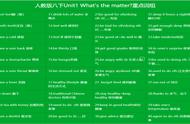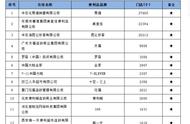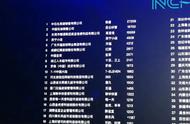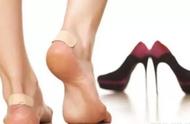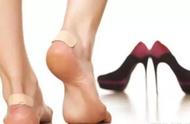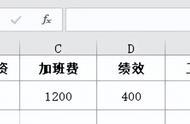二、重要句型或语法
四、读写重点
1、复合句及其语序
从本课开始进入第三单元的学习,作为首课,本课与第一单元的第1课和第二单元的第25课,形成呼应,继续学习句子种类的知识:第1课学习的简单句,第25课学习的是并列句,而本课学习的是复合句。所谓复合句其实就是我们平常所说的主从句,即由主句和从句组成的句子,如:He missed the train because he did not hurry.

| Tired of sleeping on the floor, a young man in Teheran saved up for years to buy a real bed. | 1)be tired of,厌倦、厌恶。在本句中,该短语用作了原因状语,相当于是:Because he was tired of sleeeping on the floor. 2)注意Teheran的发音为[teˈrɑːn],h不发音,也可拼作Tehran。 3)save up,攒钱。 4)for years,多年。 5)to buy a real bed,用作save up的目的状语。 |
| For the first time in his life, he became the proud owner of a bed which had springs and a mattress. | 1)for the first time in one's life,某人一生(或生命中)第一次。 2)proud,骄傲的。其名词为pride,常用短语为take pride in,相当于be proud of。 3)owner,主人、拥有者。源自动词own(拥有),own也可以直接用作形容词,表示“自己的”。 4)which引导的是定语从句,修饰先行词a bed。 5)spring,弹簧。该词也可以表示“春天;泉水”。常用作动词,表示“弹跳”。 |
| Because the weather was very hot, he carried the bed on to the roof of his house. | 1)句中的because引导的就是表原因的从句,所以整个句子就是个复合句。 2)...the weather was very hot,天气很热。可用it来替换the weather。 3)on to,相当于onto,表示“到...之上”。 |
| He slept very well for the first two nights, but on the third night, a storm blew up. | 1)the first 复数名词,表示前面的、起先的...。 2)on the third night,第三晚。因为是具体哪天,所以要用介词on;如果是泛指晚上,则用at night。 3)blow up,刮起。注意blow的过去式和过去分词为blew和blown。 |
| A gust of wind swept the bed off the roof and sent it crashing into the courtyard below. | 1)a gust of wind,一阵狂风。gust大多用于表示阵风、疾风。 2)sweep...off...,扫清、扫除。句中表示大风把床从屋顶吹走。 3)send...doing,此处的send相当于make,表示“使...”。 4)crash into,冲入、撞。因为床是从屋顶摔倒院子里面的,所以用了into。 |
| The young man did not wake up until the bed had struck the ground. | 1)not...until...,直到...时候才...。在过去时间的大背景下,其主句动词大多采用一般过去时,而从句动词大多采用过去完成时。 2)strike,撞击、重击。该词说明床撞击地面的力道很大。 |
| Although the bed was smashed to pieces, the man was miraculously unhurt. | 1)although,虽然、尽管。其引导的是让步状语从句,相当于though。 2)be smashed to pieces,摔成碎片。smash表示“粉碎;猛撞”。 3)miraculously,奇迹般地。源自名词miracle(奇迹)。 4)unhurt,没有受伤的。其构词为:un- hurt。 |
| Glancing at the bits of wood and metal that lay around him, the man sadly picked up the mattress and carried it into his house. | 1)glance at,扫视。 2)bits of,一片片。 3)注意lie表示“位于、躺”的时候,其过去式和过去分词为lay和lain。 4)pick up,捡起来。这是个多义短语,还可以表示养成、用车载、学习等。 |
| After he had put it on the floor, he promptly went to sleep again. | 1)可提问此处的put为什么用过去完成时,然后引出after和before用在描述过去事情时,主从句中谓语动词的时态用法。 2)promptly,立即、马上。 |

四、读写重点
可从写作角度,讲讲如何利用简单句、并列句和复合句,来描述事实或表达观点。

可分享阿拉伯人早期和当前的游牧生活。

